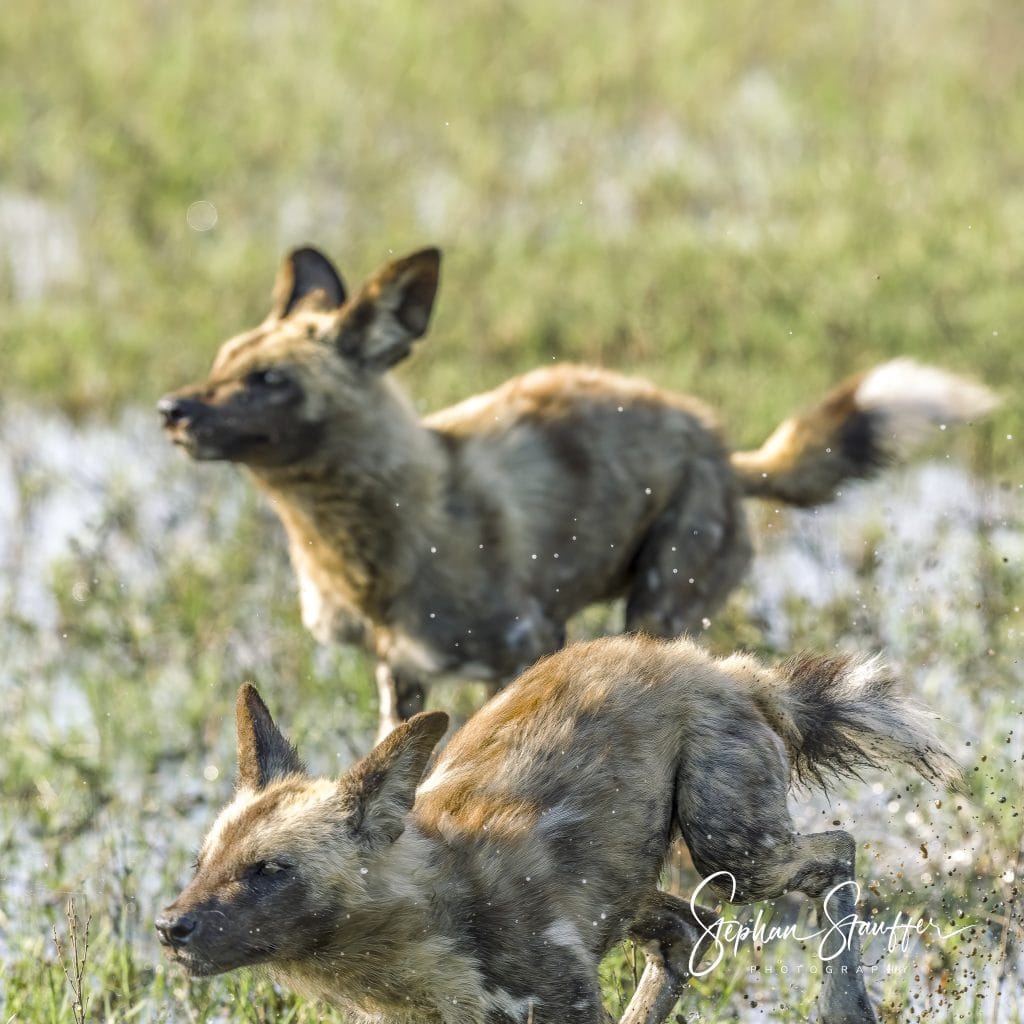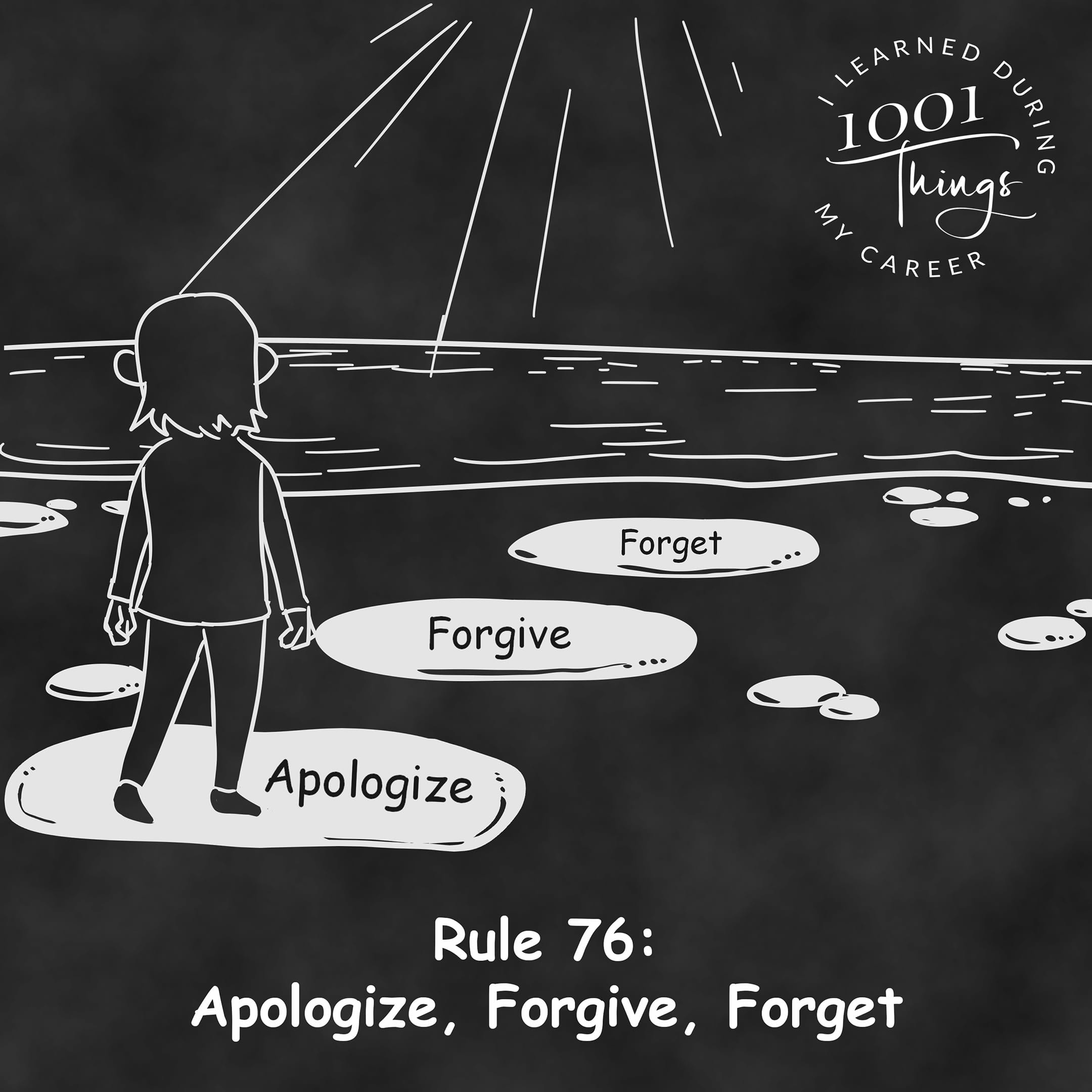Among Africa’s iconic predators, African Wild Dogs, also known as painted wolves, are famous not only for their striking coats but for their unparalleled teamwork and strong social bonds. Living in close-knit packs of 6 to 20 individuals, these remarkable animals rely on cooperation and collaboration for survival. Their success as hunters stems not from brute force, but from a highly organized and unified approach, which has made them one of the most efficient hunters in the wild.
In an African Wild Dog pack, every member plays a critical role in hunting and caring for the group. Their hunting strategy is both efficient and relentless: once prey is spotted, the pack members coordinate their movements, each dog understanding its role, relying on exceptional verbal communication and body language to communicate and adapt their hunting strategy. Unlike solitary predators, African Wild Dogs can bring down much larger animals, due to their cohesive, team-based approach.
The pack’s commitment to one another extends beyond the hunt. African Wild Dogs are known for their “all-care” strategy, where every pack member, not just the parents, takes part in raising pups and caring for the injured. In a display of unity and loyalty, they’ll often share food with sick or wounded members, ensuring that every individual is valued and looked after. This cooperative behavior has enabled these packs to thrive despite challenges in the wild, where each dog’s welfare is a shared responsibility.
Leadership Lessons from the African Wild Dog Pack
For leaders, African Wild Dogs offer a valuable lesson in the strength of team loyalty and collective effort: True leadership is about fostering an environment where each member feels empowered and committed to the group’s success. By valuing the well-being of all members, leaders can build a culture of trust and loyalty, where the team rallies together to overcome challenges.
Conservation Status
African Wild Dogs are among Africa’s most endangered animals, with fewer than 7,000 left in the wild. Habitat loss, disease, and human-wildlife conflict threaten their survival. Conservation efforts focus on habitat protection, disease management, and fostering coexistence with local communities. Their social bonds and teamwork can inspire us to unite in the mission to preserve their future, just as they band together to face the dangers of the wild.
About the Picture
A pack of African Wild Dogs hunting in the flood plains of the Okavango Delta in Botswana. The Delta is a vast and varied ecosystem created as the Okavango River flows into the Kalahari desert. Rich in wildlife, this World Heritage Site is a sanctuary to some of the world’s most endangered animals and birds. Photo taken in April 2023, all right reserved.





